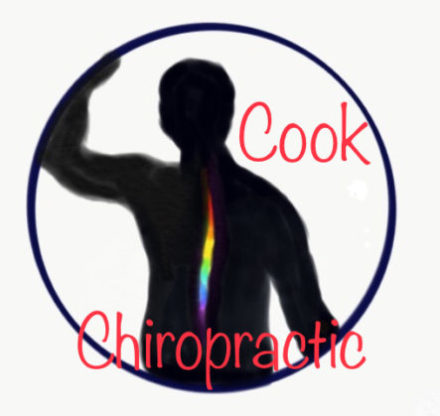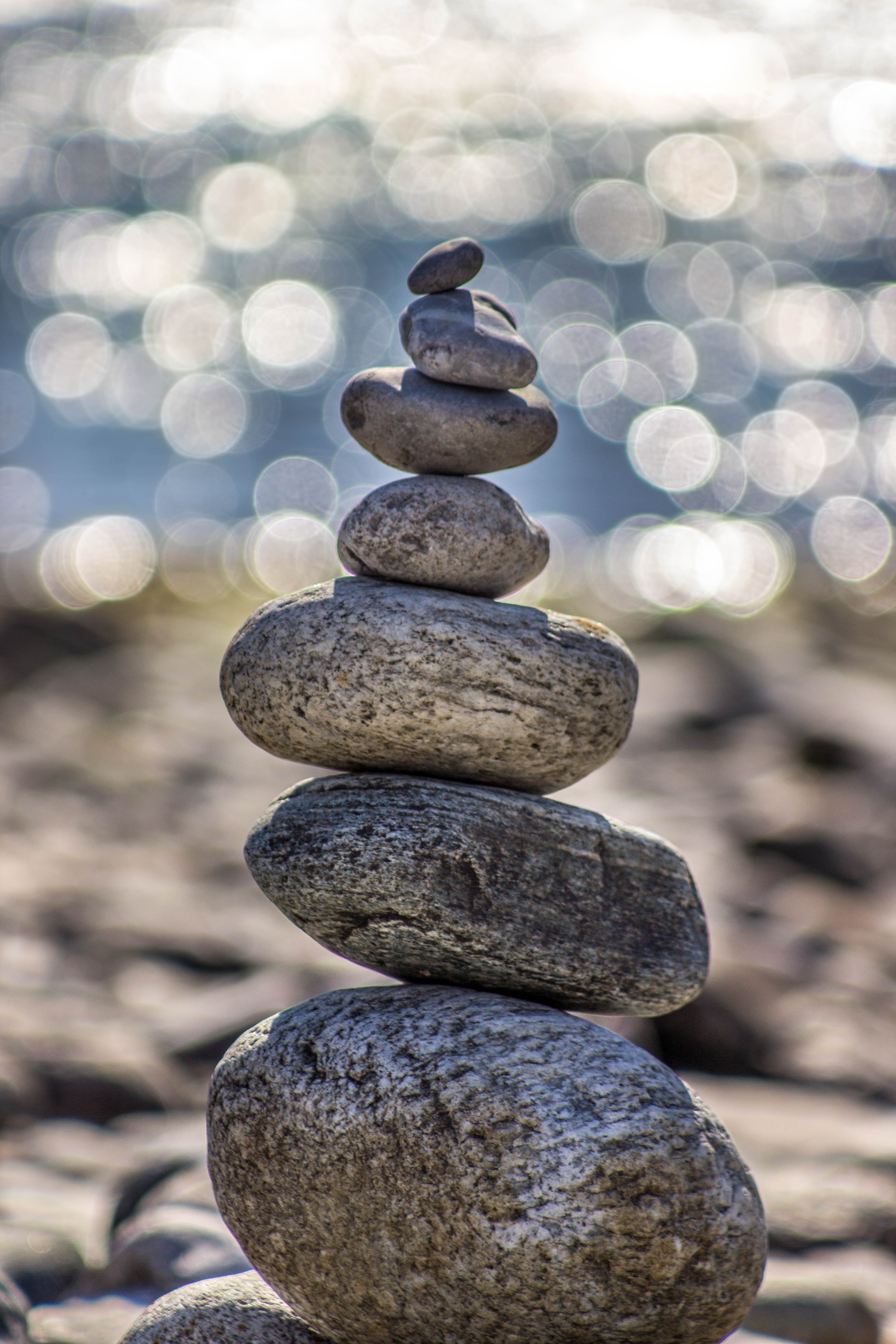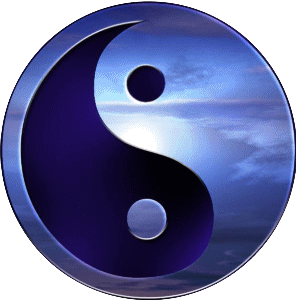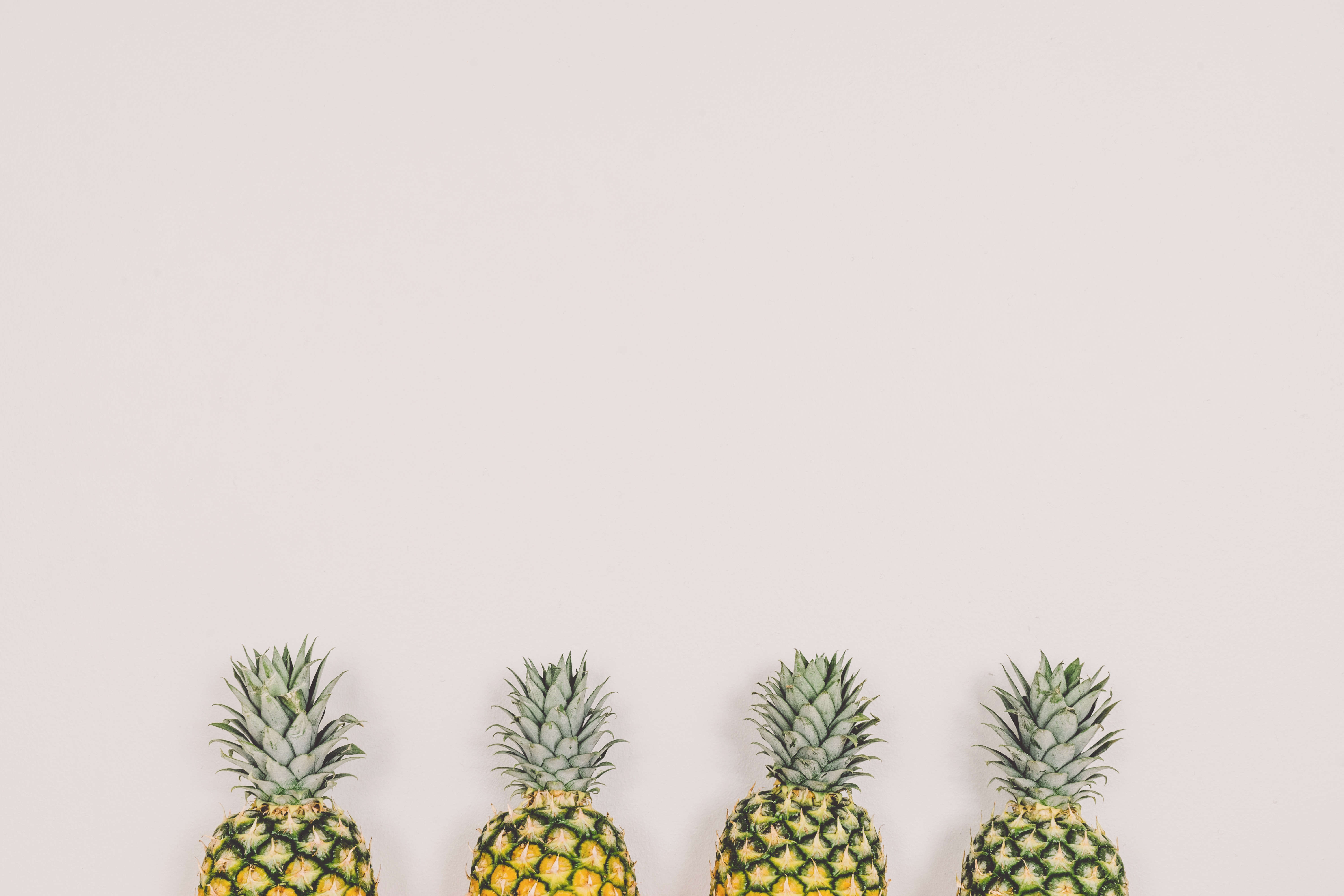Can a healthy diet cure depression? I believe in a lot of cases it can and in ALL cases, it can help. We get everything we need from our diets, IF we are eating a balanced diet and IF we have the digestive system to absorb and utilize the nutrients from it. Our brains need the substances in our food supply to function properly. Some common deficiencies that cause depress could be:

1. Omega-3 Fatty Acids: One of the supplements that make the most difference are omega-3s. Omega-3 sources are commonly though of to be found in fish oils, but it is also high in flax seed oil as well as chia seeds, nuts, and even butter (REAL butter!), though not as high as the other sources. (PLEASE don’t eat the artificial stuff!! Fat and cholesterol are not the enemy! Please see my article on cholesterol coming up soon!)
2. Probiotics: It is critical to keep your intestines in good shape because your brain is only as healthy as your gut. The cells in our gut manufacture 80 to 90 percent of our body’s serotonin, the neurotransmitter we need to stay sane. That’s more than our brain makes. And the gut is in constant communication with the brain, sending it information that affects our mood. It is best to take your probiotic on an empty stomach so that the organisms can have the best chance to flourish in your gut.
3. B Vitamins: Bestselling author Mark Hyman, MD, calls folate, vitamin B-6, and vitamin B-12 the “mighty methylators for mental health.” He mentions a remarkable study in the American Journal of Psychiatry that found that 27 percent of severely depressed women over the age of 65 were deficient in B-12.
4. SAM-e (S-adenosylmethionine) We make SAM-e when the amino acid methionine
combines with adenosyl-triphosphate (ATP), which is involved in the synthesis of neurotransmitters. The supplement we take is a stabilized form of that substance. A 2002 review by the U.S. Agency for Healthcare Research and Quality found that SAM-e was more effective than a placebo and equally as effective as antidepressants. Other studies suggested that adding SAM-e to an antidepressant may improve results in people who haven’t responded to medication. It is possible that adding methionine alone could help as well. Methionine is an amino acid, a building block of protein.
5. Turmeric: This has been used for thousands of years in Chinese and Indian medicine to treat a variety of ailments. It supposedly has the ability to activate genes to produce antioxidants, which then protect “our precious mitochondria,” the tiny organelles in our cells that generate chemical energy in the form of ATP (adenosine triphosphate). As learned above in the SAMe discussion, ATP and methionine are necessary to make neurotransmitters, the substances in our brain associated with depression.
6. Vitamin D: a deficiency in vitamin D will feel very much like depression. Lots of studies have found a close association between depression (or increased odds for depression) and vitamin D deficiencies. As many as three-quarters of U.S. teens and adults are deficient, according to a 2009 study published in the Archives of Internal Medicine.
7. Vitamin C: This vitamin is a well-known antioxidant that helps fight free-radical damage, and thus, depression.
8. Amino Acids: As mentioned above, amino acids are the building blocks of protein, some of which (like methionine) gets transformed in our bodies into neurotransmitters. The thousands of molecules in your body are built from only eight essential amino acids that we must get from our diet.” Without adequate amino acids, your brain can’t function as well and you get sluggish, foggy, unfocused, and depressed.
9. Magnesium: Up to half of Americans today don’t get enough of magnesium. Partly because stress, caffeine, sugar and alcohol all deplete it! It is considered by some doctors to be the antidote to stress and the most powerful relaxation mineral that we’ve found. It helps with muscle spasms and sleep when low!
10. GABA: Most of the anti-anxiety medications today (Valium, Xanax, Ativan) act on the GABA (Gamma-aminobutyric acid) pathways to calm and relax the nervous system. GABA is known as the “anti-anxiety” neurotransmitter.
11. Calcium: Calcium doesn’t reduce depression itself; however, eliminating dairy from your diet CAN reduce depression, especially if you have food intolerances that cause inflammation in the brain. Therefore you need to get calcium from other sources such as spinach.
12. Melatonin: Melatonin helps us get to sleep and regulates the sleep-wake cycle, which can help tremedously.
13. Lithium: Lithium helps regulate the mood. In fact, some drugs against depression are based on lithium. However, natural lithium supplements are much safe with little to no side effects vs. the prescription medication.




